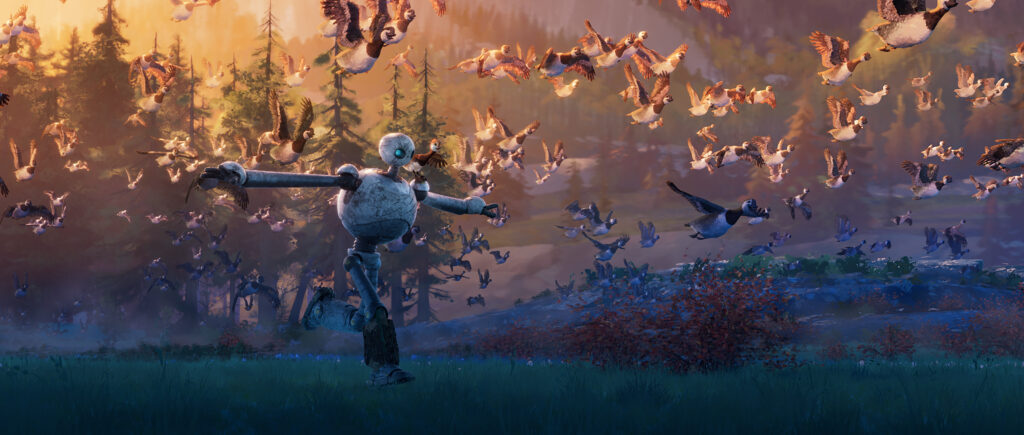In 1989, Kenneth Branagh made a name for himself by directing and starring in Henry V, a film that went on to receive worldwide critical acclaim and is widely regarded as one of the greatest Shakespeare films of all time. At the time, Branagh was cinema’s newest wunderkind, a self-made star-in-the-making. Now, the Irish writer, director, and actor is an Academy Award-nominated actor and director who is considered to be contemporary cinema’s leading interpreter of Shakespeare.
On top of being responsible for some of the strongest entries in Shakespeare’s canon on film, Branagh’s work extended beyond Shakespeare as well. Most notably for his behind the camera role for films like Dead Again, Mary Shelley’s Frankenstein, Thor, Jack Ryan: Shadow Recruit, Cinderella, and 2017’s Murder on the Orient Express, as well as acting roles in The Gingerbread Man, Wild Wild West, Valkyrie, Harry Potter and the Chamber of Secrets, and Dunkirk.
In anticipation of Christopher Nolan’s Tenet, we at The Cultured got the opportunity to interview the actor-director. From detailing his role in Tenet to working with the Nolans, his gratification towards physical sets to the sheer scale of the upcoming film, Kenneth Branagh tells all.
Can you briefly describe your character and his place in the themes of the story?

He’s a character that Chris insisted, from the moment we spoke about it, should be someone that I thought about in the darkest possible terms, that he was an unredeemable, a ruthless, avaricious, ambitious man with perhaps an Achilles heel, which I won’t reveal, but it’s only a very tiny glimmer of humanity inside someone who has allowed the darkness of the world to envelope him from his very early origins. He is vicious, he’s aggressive, and he’s quick-witted, so he’s really about as formidable an adversary you can have. He’s the most dangerous of friends and an absolutely terrifying enemy to the people around him and, via the story, to the world.
This is your second film with Christopher Nolan, after Dunkirk, and like that film, Tenet also involves an element of non-linear time. Why do you think time plays such an important role in his films?
Well, I think playing with time plays with fears or dreams that we may have about death. Can death be conquered? If time can be conquered, does that mean people can live forever? Chris plays with the upside and the downside of our obsessions with time, and I think it has been an absolute constant through his work. And what you feel is his fascination for it, so he always makes it playful, and always intriguing—from the time repetitions in Memento, at the beginning of his career, all the way through the narrative structure jumps in terms of time in Dunkirk. And following on the heels of Inception, Tenet is probably the most dazzling and ambitious example of him playing with the potential glories and nightmares of an entirely different way of understanding time.
You’ve worked twice now with both Christopher Nolan and Emma Thomas. What do they bring to the table as a producing team?

As a producing team they bring confidence and calm, effortless, unshowy experience, and a sense of detail. They were both at my costume fittings for Tenet, without interfering but with a presence that allowed me to feel that decisions made would be part of the full picture they were trying to create for the movie. It’s very direct and personal contact. In both cases, the first time I received the script, it was hand-delivered by Chris. It’s a very bespoke thing. They have a kind of really positive, flexible cottage industry feel at the center of something that is obviously global and massive. And they attain a sense of fun and perspective inside something as ambitious as Tenet. Filming in seven countries could easily sweep one away with concern and worry about logistics and the scale, all the things that could go wrong. But they retain a kind of focused calm on the set, and any concerns about what’s going on before or after are not transmitted to the people they’re working with. They are unaffected by chaos—I think they thrive in it—and they remain personable and personal throughout.
Can you talk about the international nature of this production?
The sense of scale that it gives to a piece of big-screen entertainment is immense. Christopher Nolan is always going to look at even familiar places with a new eye, and he’ll bring you to some places you’ve never seen before. And it’s on a massive scale—one that graphically supports the idea that the stakes in the story are high. The worldwide nature of the settings emphasizes that, and it does so with Chris’s original and curious eye. He travels the world because the story needs to, and each piece, like every element of a puzzle in a Christopher Nolan film, fits together necessarily, so you have to make that journey.
Chris famously does as much as possible in-camera with very little VFX involved. Does that help your performance?
There’s an undoubted vibration on the set and there’s an excitement that I think the audience then intuits from what happened. It was immensely powerful to be in shots where a stunt was happening and be so very close to it. When the real thing is there, it makes a difference. So for me there was a tremendous intensification because of the way Chris shoots things and I was very grateful for that in-camera style.






